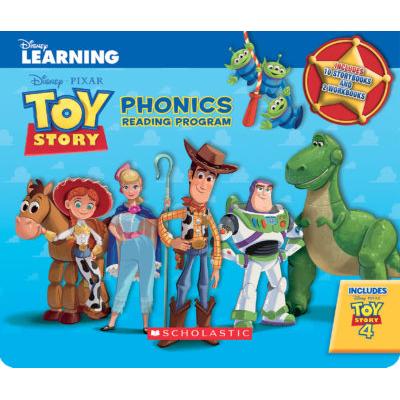Adult immunization in a nutshell

Vaccination for adults is as essential as it is for children. These treatments have been recommended by the Advisory Committee on Immunization Practices (ACIP) for adults aged 19 and above. Every year there is an approved schedule of immunization for US citizens that need to be considered on a priority basis to prevent the outbreak of deadly diseases.
In comparison to children vaccination, the adult category remains low in the country which makes it imperative for the health providers to work towards improving the overall immunization rates. These vaccines are easily available in every nook and corner of the nation. These are readily available in doctor’s clinics, health clinics, community-based clinics, and pharmacies.
The CDC recommends the standard vaccine for adults aged 18 to 65 years. Above the specified age limit, people need several vaccinations against influenza, tetanus-diphtheria, pertussis, HPV, MMR, and Streptococcus pneumonia. The type of vaccine a person needs to receive depends on several factors such as age, the state of health, medical history, and more. Check out some of the common vaccines recommended by CDC for all adults aged 19 and above.
- Influenza vaccine to keep away from seasonal flu
- Td to be taken every ten years against Tetanus
- Tdap to protect from tetanus, pertussis, and diphtheria and a must for pregnant woman
- Every vaccine depending on several parameters against diseases including HPV, shingles, hepatitis A/B, chickenpox and MMR
- Adult age 65 and above should get pneumococcal vaccines
- Adults with chronic lungs diseases must get a yearly flu vaccine
Further, you can find up-to-date immunization schedule with additional licensed vaccines for adults in the CDC website which is approved by the ACIP. This initiative by the US healthcare is to ensure that everyone can get vaccinated regardless of their age.
For the insurance coverage, one can avail from private insurance and health insurance marketplace plans without getting charged for copayment and coinsurance. Medicare does pay for influenza, pneumococcal and Hepatitis B vaccines. In case you don’t have any insurance plans, the health care government website can provide details on affordable health coverage options.
Recent Articles
Recent Questions
What kind of life insurance builds cash value?
The rest of the premium payment will go toward your policy's cash value. The life insurance company generally invests this money in a conservative-yield investment. As you continue to pay premiums on the policy and earn more interest, the cash value grows over the years.
What is meant by insurance plans?
An insurance plan is the one that consists of a premium amount and other components used in getting a product insured. There may be various types of insurance plans with varying terms and policies.
What are the common components of insurance?
The most important components of most insurance plans are the premium and the contract. Anything written in the contract becomes its crucial component.
What are the various types of insurance policies?
There are various kinds on insurance policies that are available on various assets. Auto, health, commercial vehicle, and travel insurance are some of the popular types of insurance policies.







